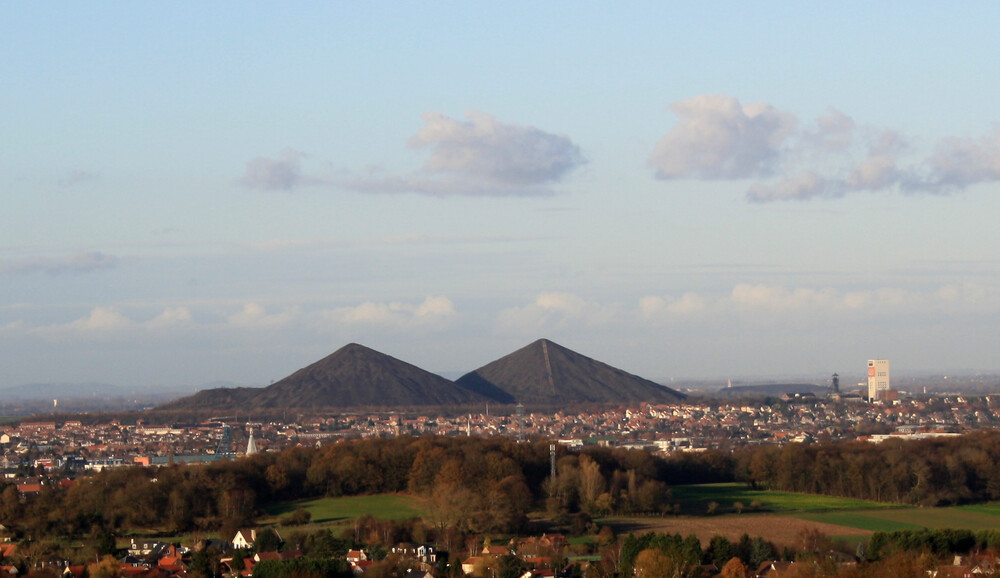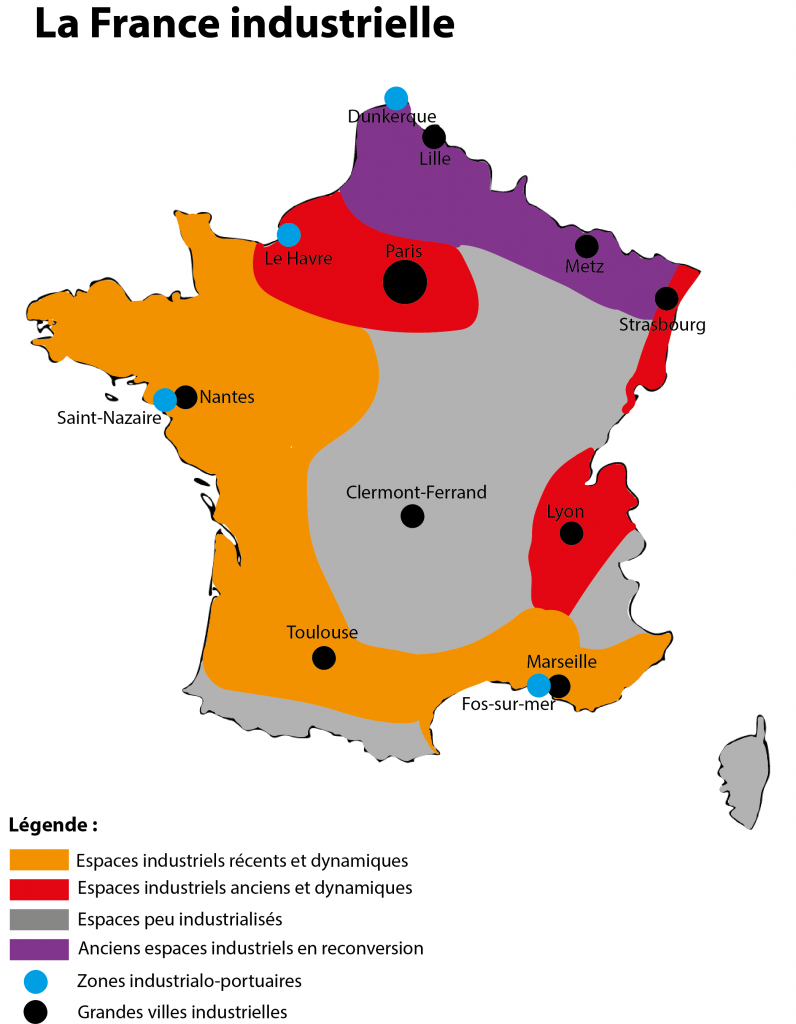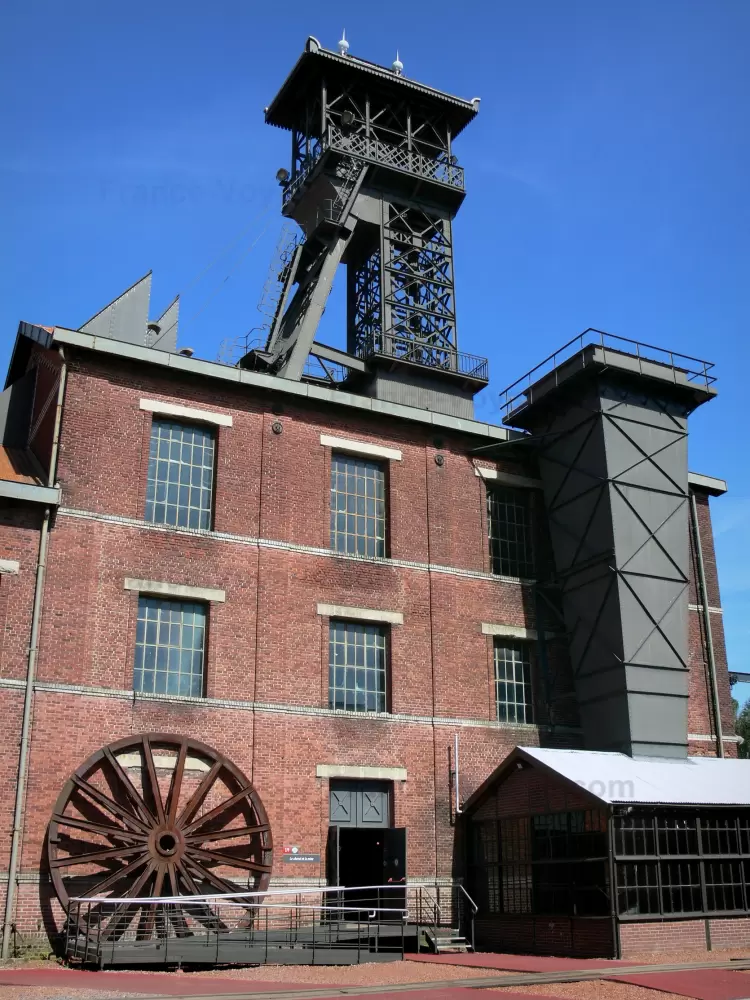How do we make a train, a tasty Roquefort cheese? What is behind the scenes of electricity production? How does a cargo port work? Industrial tourism is increasingly popular and you may even be one of the 15 million French people who visited industrial sites last year.
So, how can we explain this phenomenon? What is the interest for your corporate events? How is it part of a sustainable approach?

This article has been written thanks to Emilyne CHAUMONT, founder of Elstarecon Évènements & Conseils, the agency that helps you build your corporate events and travels.
First, a little bit of history…
After the 1973 oil crisis, the French economy was in crisis. Unemployment increased by 50% between 1974 and 1981.
The industrial regions of the North and North-East were hit by the closure of mines and factories. They became the symbol of the economic crisis and deindustrialization.

Tourism, a brake on relocation
Industrial sites are not eternal. Since the 1970s, France is estimated to be the country in Europe that has become the most deindustrialized. Thousands of factories and 2.5 million industrial jobs have disappeared, and with them, know-how. Tourism is thus becoming a way to keep post-industrial sites alive and to support active companies.

A new crisis for the industry
The covid-19 pandemic and the sanitary restrictions have accentuated the trend of a local, slower, more sustainable tourism. Industrial tourism, by highlighting our know-how, is totally in line with this approach.
“In the beginning, industrial tourism attracted mainly seniors, schoolchildren, companies and a few curious” explains Emilyne. Since the pandemic, the craze has become more popular.
Where to organize an industrial tourism trip?
The map below invites us to discover the main French industrial areas.

Industrial regions in transition
The impact of economic crises is still present in former industrial regions that have to be reconverted. And it is the tourist and cultural functions that have been largely chosen to give a second life to these places.
For example, since the Nord-Pas-de-Calais mining basin was classified
as a UNESCO World Heritage site in 2012, the region has regained our interest.
This tourism development is sustainable because it allows us to preserve our heritage, generate economic activity, create jobs and protect an environment shaped by three centuries of mining.

Dynamic industrial regions
Technology clusters are particularly dynamic. This is the case of Nice, Nantes, Toulouse… In Toulouse, for example, a visit to the Airbus sites is a must.
Other industrial regions, older and more diversified, are still dynamic. This is the case of the Lyon and Paris regions for example. You can discover the port of Gennevilliers, the first river port in France, the former factory of Eaux Caluire et Cuire in Lyon, a silk workshop, etc.
Multi-faceted know-how
France also has large agricultural regions such as Brittany and Normandy, where agritourism, the discovery of agricultural know-how, attracts more and more visitors.
France also has important industrial ports that can be visited: Gennevilliers, Saint-Nazaire, Le Havre, Dunkerque, etc.
And craftsmen who embody a luxury and an art of living “à la française” : trades and techniques sometimes forgotten, that industrial tourism invites us to discover.

A local tourism
This list shows that the factories are often located outside the main tourist areas and city centers. Their promotion in tourism allows to create an object worthy of interest for the inhabitants and for the tourists (private individuals, companies, schools). The heritage thus highlighted underlines the singularity, the typicality of these regions often forgotten by our main tourist routes, now “worthy” of being explored.
Going further, we can even say that reinforcing the development of industrial tourism allows to spread the tourist flows and thus to slow down mass tourism…

Promote know-how through trips and professional events
Some learning expeditions to get inspired
Learning expeditions allow professionals to discover other working methods, to see what is done elsewhere, and to be inspired by it. For example, Emilyne approached the port of Gennevilliers to propose a visit to the port of Strasbourg and its facilities, which, although smaller in size, offers more advanced solutions for electric tankers.
The immersive aspect of these trips can also give rise to vocations and generates collective intelligence between collaborators who get inspired to think about the improvement of their company’s business model.

New opportunities for businesses
If industrial tourism is enriching for the visitor, it is also enriching for the companies!
First of all because it is an additional source of income… but also because it is a great marketing tool to increase your notoriety and improve your employer brand.
Opening your company to the public enhances transparency and therefore your image.

In the age of CSR, where employees are increasingly interested in the commitments of companies when looking for a job, an attractive employer brand is a major asset.
Also, passing on know-how can give rise to vocations… essential to the sustainability of companies!
Industrial tourism: a sustainable tourism
In 2022, there are no longer many developments that do not have to be sustainable. Industrial tourism enhances the value of heritage and know-how, protects them and passes them on. For us, its sustainability is based on the following values:
- Memorial: industrial sites and know-how are witnesses of the past, of the life of the men and women of our regions, of the evolution of techniques, working conditions, architecture, etc.
- Educational: industrial tourism is a creator of vocation and promises interactive, playful, immersive and original visits, beyond the classic museum visit.
- Economic: industrial tourism allows companies in difficulty to survive, forgotten regions to be re-enchanted, companies to be inspired, to co-learn.
- Environmental: the port of Oslo is a pioneer in electric motors? Scandinavian architects are specialists in eco-building? Learning expeditions allow you to discover these more sustainable production models to accelerate the ecological transition.

Zoom on Elstarecon E&C

Companies, you want to organize a learning expedition, a sustainable economic discovery trip for your employees?
Do not hesitate to contact Elstarecon E&C !

Elstarecon E&C’s sustainable commitment?

Boosting our regions
-Promoting French know-how
-Working with partners who are committed to the protection of the environment and who strongly support human and societal values.
